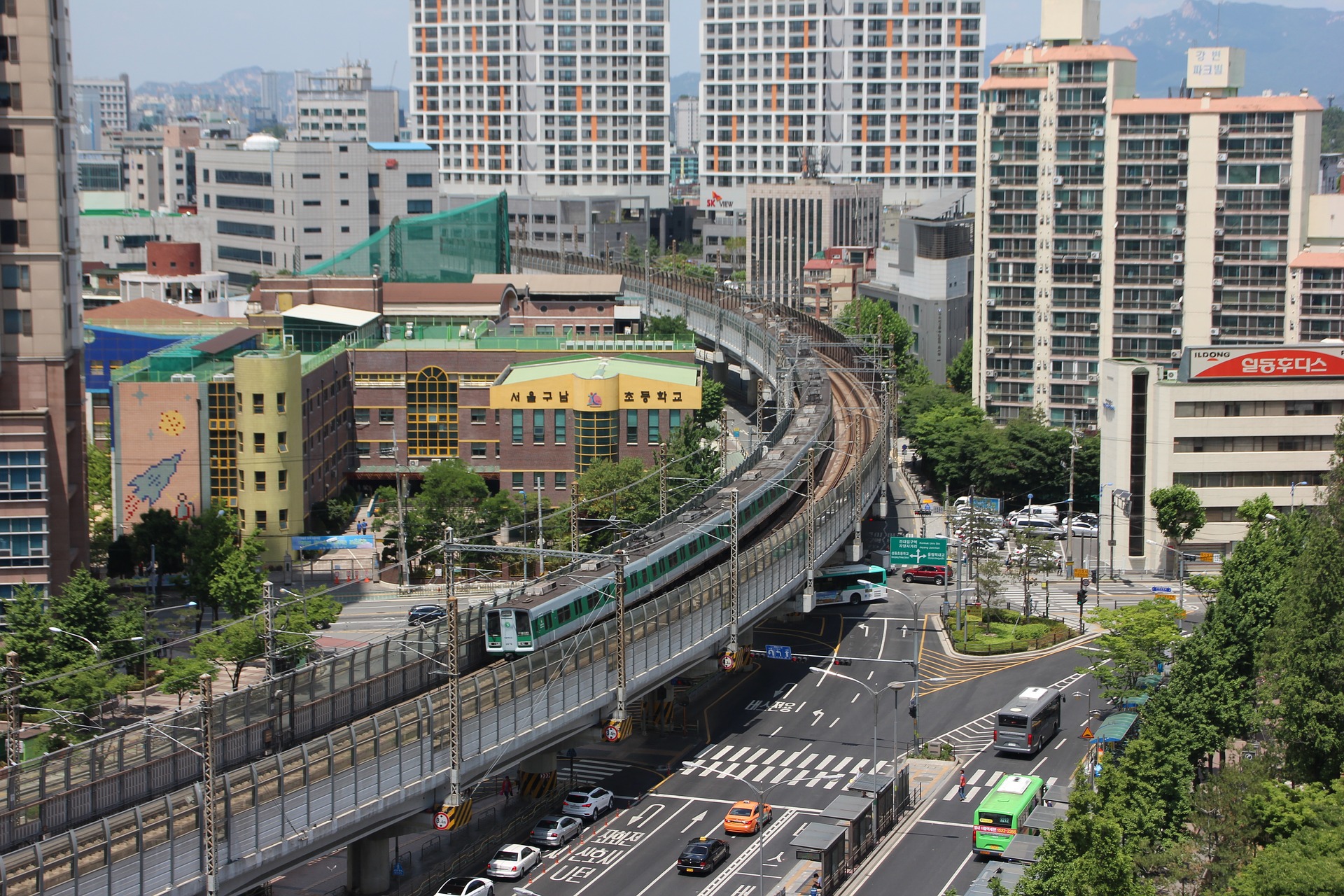1021 results found
Featured results



More results
The Housing & Development Board (HDB) is Singapore's public housing authority.

This series provides an overview of public-private partnership stories in various infrastructure sectors, where IFC was the lead advisor. This specific case relates to the NAIA Expressway project in Philippines.



This Public-Private Partnership (PPP) Handbook is designed for the staff of the Asian Development Bank (ADB) and its developing member countries' clients.


Chris Heathcote, Chief Executive Officer, Global Infrastructure Hub The first few weeks of President Donald Trump’s administration have been dominated by early efforts to deliver on some of his most contentious election promises. While the world watches every pronouncement and, indeed, every tweet, there is hope that attention will soon turn to one of his pledges on which there was consensus, a massive and long-overdue infrastructure overhaul across the United States.
Public management research contains little analysis on procurement cancellations – i.e. when contracts fail to make it through procurement, resulting in termination during the pre-award tender phase. Combining theoretical perspectives on administrative capacity and transaction costs, the authors investigate both the propensity and reasons for public procurement cancellations.

One of the main challenges in introducing PPPs lies in the proper definition of governance structures for all actors.


The core principle behind the PPP is the creation of a contractual bubble – a framework of contracts.



The IMF's Public Investment Management Assessment (PIMA) framework helps countries evaluate the strength of their PIM practices.


Public Investment Management Assessment (PIMA) is a comprehensive assessment framework developed by the IMF to help countries strengthen public investment management practices.

This paper examines the public finance underpinnings for an enhanced focus on different types of long-term investments as well as on operations and maintenance of existing investments.
This study identifies potential competition issues to monitor and makes specific recommendations by country and topic.

The rapid growth in Indonesia’s urban areas required a rapid scale up in infrastructure investment. The Government of Indonesia set up Indonesia Infrastructure Guarantee Fund (IIGF) as a state-owned enterprise (SOE) to leverage private investments in infrastructure projects by providing government guarantees or credit enhancements to PPP projects.
Project preparation is a critical enabler of infrastructure development and has been identified as a key pillar in the G20 s strategic roadmap to develop infrastructure as an asset class.

Asia long faced a gap of investment capital available for infrastructure projects
Well-planned and prioritised infrastructure investment improves productivity, engenders competitiveness and contributes to long-term sustainable economic growth. Nevertheless, the extent of realising these benefits from infrastructure investment varies considerably across sectors, by regions and by level of regulatory and institutional maturity.
Communication throughout infrastructure project preparation should be recognised as a strategic activity. It should factor in the importance of all key stakeholder groups towards the project, tailor communicative actions to engage and inform them and foster a supportive environment.
Most infrastructure investment plans and government policies rely on the delivery of projects and programs. To achieve these and unlock the real benefits of infrastructure, it is vital that projects and programs are delivered well.
Tackling the global infrastructure gap remains a priority for governments to drive inclusive growth and deliver quality infrastructure projects for their citizens.

Globally, governments are accountable for the development of infrastructure and the delivery of basic services in an affordable and inclusive manner. The ability of governments to nurture a conducive enabling environment for infrastructure investment has often been found to be a key differentiator between countries that successfully scale up infrastructure and those that face challenges in doing so.
The Global Infrastructure Hub (GI Hub) has collaborated on this blog with Seungbeum Rho, a Specialist at the Korea Development Institute (KDI). This blog outlines some of the lessons learned in Korea on the topic of project preparation, which can be found in more detail in the GI Hub’s Reference Tool on Governmental Processes Facilitating Infrastructure Project Preparation.
 Project Preparation Tool
Project Preparation Tool
 Introduction: Laying the foundations and charting a way forward
Introduction: Laying the foundations and charting a way forward
 Enabling environment: what are the prerequisites required to facilitate the preparation of quality infrastructure projects?
Enabling environment: what are the prerequisites required to facilitate the preparation of quality infrastructure projects?
 Financing project preparation: how can governments effectively utilise project preparation financing sources?
Financing project preparation: how can governments effectively utilise project preparation financing sources?
 What are the benefits of well-planned and prioritised infrastructure investment?
What are the benefits of well-planned and prioritised infrastructure investment?
 How do you translate a concept into a bankable project?
How do you translate a concept into a bankable project?
 How should governments communicate projects?
How should governments communicate projects?
 Project Preparation in Indonesia – how has the government attracted private participation?
Project Preparation in Indonesia – how has the government attracted private participation?
 Project Preparation in India – how specialised institutional structures help in planning complex projects
Project Preparation in India – how specialised institutional structures help in planning complex projects











